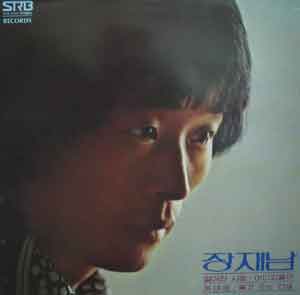|
I heard a song on FM radio in Seoul and I’ve tracked it down:
Title: “Empty Chair” (빈의자). I actually like the tune and the optimistic lyrics/message (see below). Koreans of my age would not readily admit to liking such a song. I am not a Korean. This song hardly registers on the Internet, with really nothing in English at all that I find, so again I find myself blazing new ground on these digital pages. Below: Youtube of the song; lyrics; my translation; a friend’s comments. |
|
장재남 / 빈 의자 (1978)
서 있는 사람은 오시오 나는 빈 의자 두 사람이 와도 괜찮소 서 있는 사람은 오시오 나는 빈 의자 서 있는 사람은 오시오 나는 빈 의자 두사람이 와도 괜찮소 서 있는 사람은 오시오 나는 빈 의자
|
Chang Jeanam / Empty Chair (1978)
All you standing people, come on over! Two people want to come? That’s just fine! All you standing people, come on over! All you standing people, come on over! Two people want to come? That’s just fine! All you standing people, come on over! |
These are L.’s comments on the song (in original German):
“In den 70er Jahren lebten Koreaner in der dunklen Zeit der Diktatur. Deswegen sang die viele Folksong über die Solidarität zwischen den Leuten oder die leuchtende Zukunft.” (“In the 1970s, Koreans lived in the dark days of dictatorship. It is for this reason that they sang a lot of folk songs about unity of the people or the bright future.”)
L. was born in 1987 and the above reflects the view of that generation, I think. Few Koreans of our generation would admit to liking the “dictatorship” (which ended around the early 1990s), I suppose.
Is it a stretch to impute a political message to this very simple song? Maybe, but this kind of thing is the bread-and-butter of certain academics, isn’t it. There is also value in the comments for their own sake, i.e., how young Koreans see their own recent history.

